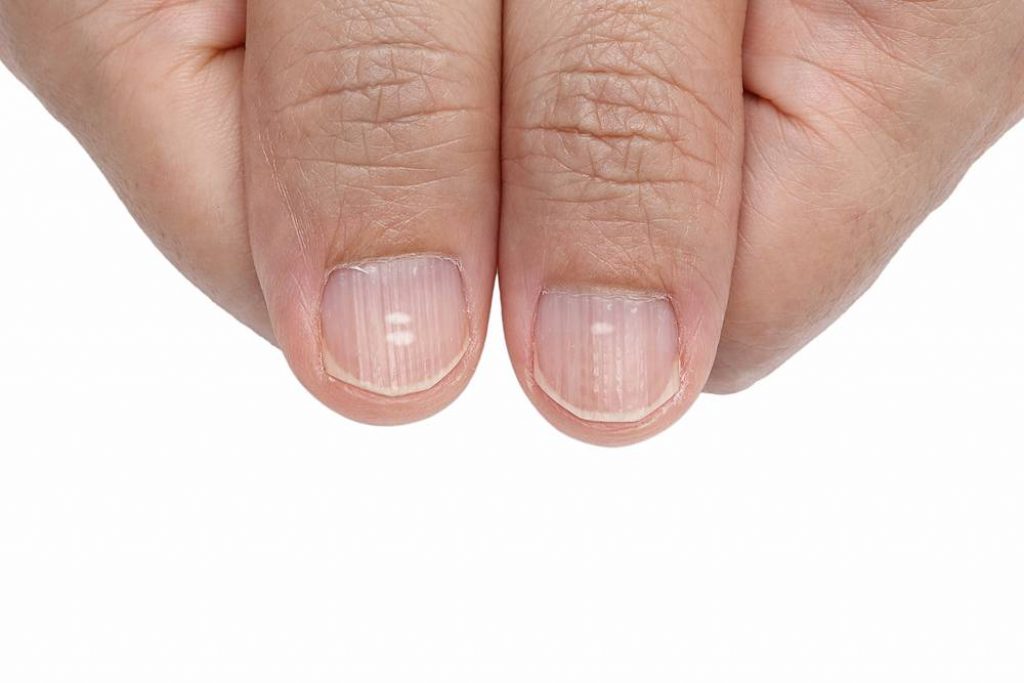
Signs That Seniors Are Suffering From Vitamin Deficiencies
Proper nutrition is very important for overall health for everyone, including seniors. There are several components that are part of our nutritional needs, such as proteins, minerals and vitamins. When you don’t get the nutrition you need, often your body will show signs of such deficiencies, including for vitamins.
Related Topics (Sponsored Ads):
Lack of proper nutrition and the resulting vitamin deficiencies in seniors is unfortunately all too common. This is usually due to a few factors. A common and major cause is not having a proper diet and not eating well. Many seniors have a depressed appetite and thus simply do not eat enough to get the needed nutrition. Making this situation worse, is that many of these same seniors eat too much “junk” food – due to having a “sweet tooth” and the physical or financial challenges of eating healthy meals.
Another cause is due to biological changes that come from aging, which lowers the body’s ability to digest foods properly and fully. Lastly, many times the prescription medicines that many seniors take can cause various nutritional problems, including vitamin deficiencies. Because of the aforementioned reasons, seniors need to be on the lookout for vitamin deficiencies. Some of the signs of these deficiencies are discussed below.

Brittle Nails and Hair
Many signs of health problems often show up on a person’s nails. A deficiency of Biotin, also known as vitamin B7 which helps the body convert food into energy, is one cause of dry, splitting and thinning nails and hair. Other symptoms of biotin deficiency include chronic fatigue, muscle pain, cramps, and tingling in the hands and feet. Persons with digestive disorders, frequent users of antibiotics and anti-seizure drugs are more at risk for this deficiency. Foods that contain significant biotin include egg yolks, organ meats, fish, meat, dairy, nuts, seeds, spinach, broccoli, cauliflower, sweet potatoes, yeast, whole grains, and bananas.
Hair Loss
While many seniors experience hair loss, the cause may not be solely due to aging. In addition to a deficiency in Biotin discussed above, a deficiency of Niacin (Vitamin B3) can also be responsible. A specific sign of this deficiency is Alopecia, a condition in which hair falls out in small patches. Food high in Niacin include meat, fish, dairy, whole grains, legumes, nuts, seeds, and leafy greens. These foods are also rich in biotin. It should be noted that taking vitamins and other supplements when there is no actual physical deficiency may worsen hair loss, rather than help it. Therefore, it’s usually best to opt for diets rich in these vitamins, rather than take supplements.
Bleeding Gums
While this is a major sign of gum disease, it can also be a sign of Vitamin C deficiency. Other common symptoms of this deficiency include easy bruising, slow wound healing, dry scaly skin, and frequent nosebleeds. Vitamin C deficiency is not so uncommon, with about 15% of the overall population suffering from this. The body does not make vitamin C on its own, so the only way to maintain adequate levels of it is through proper eating. Most people get enough vitamin C by eating at least 2 pieces of fruit and 3–4 portions of vegetables each day.
Loss of Muscle Mass and Strength
This is another condition that many people attribute to just old age. However, there are specific nutritional causes related to this condition. Without proper levels of protein in the body, growth and repair of muscles becomes impaired, which leads to a lack of strength. Vitamin D is a necessary nutrient for many reasons, one being to assist the body to have sufficient levels of protein. Thus, a Vitamin D deficiency can cause a deficiency of protein and cause loss of muscle mass and strength. The only natural way to get vitamin D is through exposure to the sun. Since this is problematic for many seniors, taking a quality vitamin D supplement is a good solution.
Restless Leg Syndrome
RLS, also known as Willis-Ekbom disease, is a nerve disorder that causes distressing sensations in the legs, including an irresistible urge to move them, most prevalently at night while trying to sleep. This condition is estimated to affect about 10% of the population, with women being the most likely to suffer from it. RLS has been linked to a deficiency of iron and magnesium in the blood. Foods high in iron include meat, poultry, fish, legumes, dark leafy greens, nuts, seeds, and whole grains. Also, combining these iron rich foods with high vitamin C foods like fruits and vegetables, can help increase iron absorption. Note that high iron levels can cause toxicity, so it’s best to consult your healthcare provider before taking iron or any other kind of supplements.




